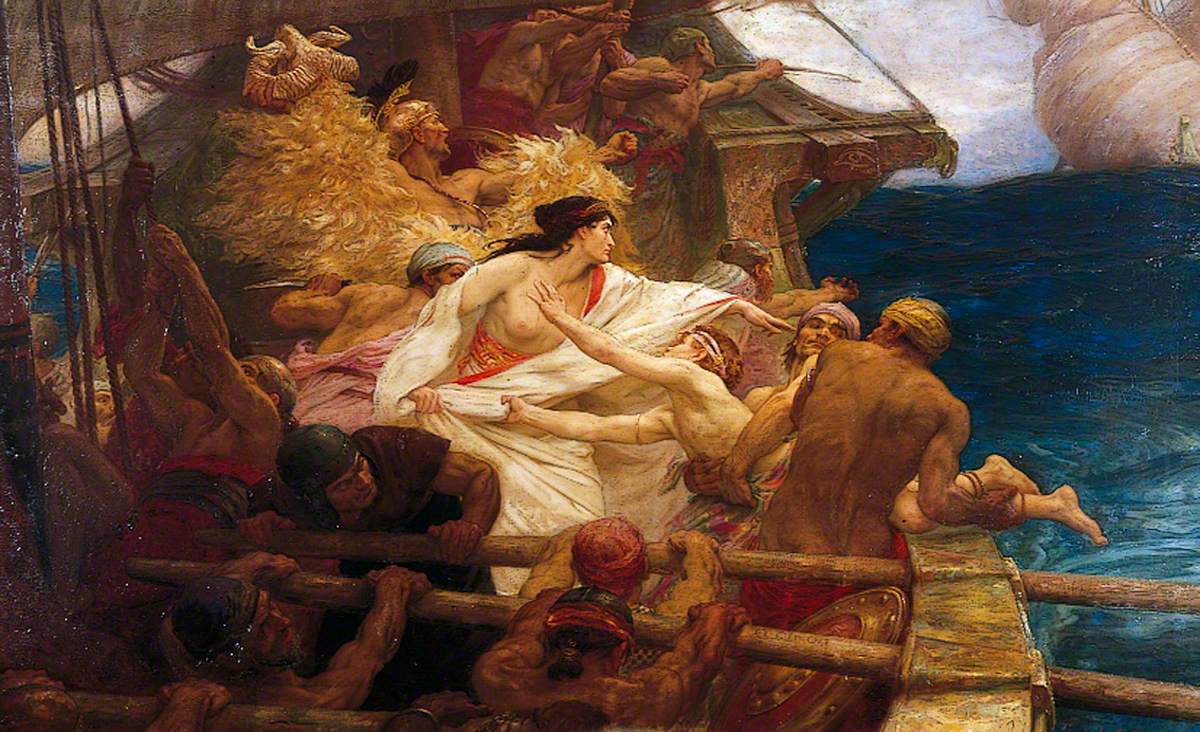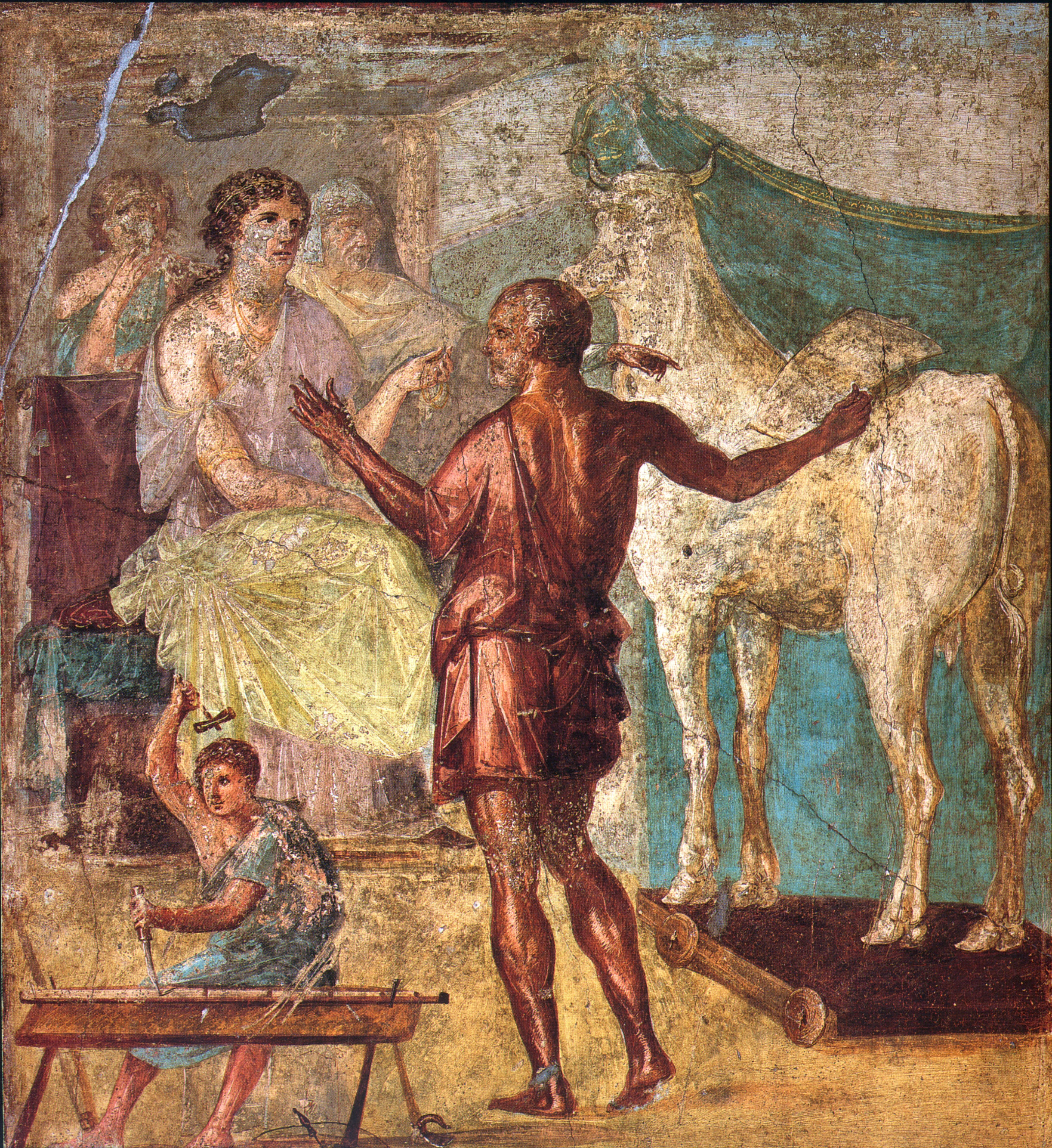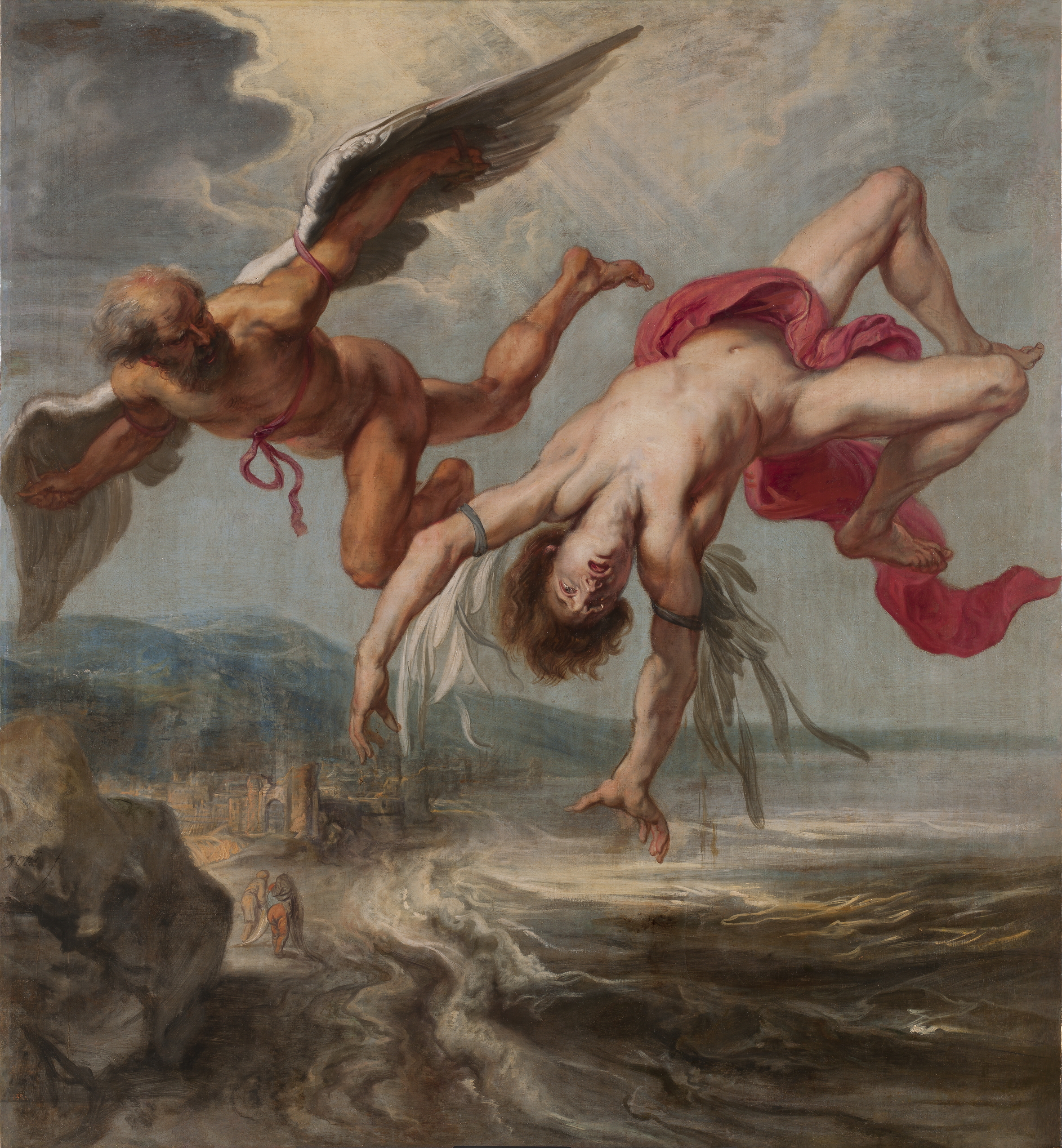|
A Man Was Going Down The Road
''A Man Was Going Down the Road'' ( ka, გზაზე ერთი კაცი მიდიოდა) is a novel written by Otar Chiladze in 1973. It was translated into English by Donald Rayfield in 2012. Synopsis ''A Man Was Going Down the Road'' begins with the Greek legend of Jason and the Golden Fleece and the consequences for the obscure kingdom of Colchis after the Greek Jason comes and abducts Medea. But it is also an allegory of the treachery and destruction that ensued when Russia, and then the Soviets, annexed Georgia, as well as Chiladze's interpretation of life as a version of the ancient Anatolian story of Gilgamesh, and a study of Georgian life, domestic and political, in which women and children pay the price for the hero's quests, obsessions and doubts. Plot The novel is written in three parts, spanning generations. The first part, Aeëtes, tells the story of Phrixus and his upbringing by King AEetes, the king of Colchis. In his new land, Phrixos would a ... [...More Info...] [...Related Items...] OR: [Wikipedia] [Google] [Baidu] |
Donald Rayfield
Patrick Donald Rayfield OBE (born 12 February 1942, Oxford) is an English academic and Emeritus Professor of Russian and Georgian at Queen Mary University of London. He is an author of books about Russian and Georgian literature, and about Joseph Stalin and his secret police. He is also a series editor for books about Russian writers and ''intelligentsia''. He has translated Georgian and Russian poets and prose writers. Bibliography *''Dream of Lhasa: The Life of Nikolay Przhevalsky'' (1976) *''The Cherry Orchard: Catastrophe and Comedy'' (1994) *''Anton Chekhov: A Life'' (1997) (and several other reprints) *''Understanding Chekhov: A Critical Study of Chekhov's Prose and Drama'' (1999) *''The Garnett Book of Russian Verse'' (2000) *'' The Literature of Georgia: A History'' (2000) *''Stalin and His Hangmen'' (2004) (and several other reprints) *''A Comprehensive Georgian-English Dictionary'' (2006) *''Chekhov's Uncle Vanya and the Wood Demon'' (2007) *''Edge of Empires: A Hi ... [...More Info...] [...Related Items...] OR: [Wikipedia] [Google] [Baidu] |
Aeëtes
Aeëtes (; , ; , ), or Aeeta, was a king of Colchis in Greek mythology. The name comes from the ancient Greek word (, "eagle"). Family Aeëtes was the son of Sun god Helios and the Oceanid Perseis, brother of Circe, Perses and Pasiphaë, and father of Medea, Chalciope and Absyrtus. His consort was either (1) Idyia, the youngest daughter of Oceanus, (2) Asterodeia, a Caucasian Oceanid, (3) the Nereid Neaera, (4) Clytia, (5) Ipsia or Eurylyte. According to others, he was the brother of Perses, a king of Tauris, husband of his niece Hecate, and father of Medea, Chalciope and Absyrtus. Yet other versions make Aeëtes a native of Corinth and son of Ephyra, an Oceanid, or else of a certain Antiope. Asterope was also one of the possible mothers of Aeëtes. Mythology Foundation of Colchis Pausanias states that, according to the poet Eumelos, Aeëtes was the son of Helios (from northern Peloponnesus) and brother of Aloeus. Helios divided the land he ruled, and he gave ... [...More Info...] [...Related Items...] OR: [Wikipedia] [Google] [Baidu] |
Absyrtus
In Greek mythology, Absyrtus (Ancient Greek: Ἄψυρτος) or Apsyrtus, was a Colchian prince and the younger brother of Medea. he was involved in Jason's escape with the golden fleece from Colchis The Absyrtides were named after him. Family Absyrtus was the son of Aeëtes, king of Colchis and a brother of Medea and Chalciope. His mother is variously given: Hyginus calls her Ipsia, Hesiod and the '' Bibliotheca'' call her Idyia,In Hesiod. ''Theogony960'' Idyia was the wife of Aeetes and the possible mother of his children including Absyrtus. Apollonius calls her Asterodeia, a Caucasian Oceanid and others Hecate,Diodorus Siculus4.45.5/ref> the Nereid Neaera or Eurylyte. A tradition followed by Pacuvius,Cicero, ''De Natura Deorum'3.48/ref> Justin, and Diodorus, provided Aegialeus as the name of the son of Aeëtes who was murdered by Medea. Absyrtus was also called Phaethon by the sons of the Colchians because he outshone all the youths. Mythology Early years As a ... [...More Info...] [...Related Items...] OR: [Wikipedia] [Google] [Baidu] |
Chalciope
Chalciope (; grc, Χαλκιόπη, Khalkiópē means "bronze-face"), in Greek mythology, is a name that may refer to several characters. * Chalciope, daughter of King Aeetes of Colchis, sister of Medea and wife of Phrixus, by whom she had four sons: Argus, Phrontis, Melas and Cytisorus (some authors add Presbon).Hyginus, ''Fabulae'' 3 (he erroneously refers to Cytisorus as "Cylindrus") When Aeetes was dethroned and banished by his brother Perses, Chalciope expressed great filial devotion and stayed by her father's side, even though he had killed her husband. Hesiod referred to her as Iophossa, and Pherecydes as Euenia. *Chalciope, daughter of Rhexenor (or of King Chalcodon of Euboea) and the second wife of Aegeas, with whom he had no heirs. *Chalciope, daughter of Eurypylus of Cos, mother of Thessalus by Heracles. *Chalciope, consort of the aforementioned Thessalus, mother of his son Antiphus, presumably also of Pheidippus and Nesson. *Chalciope or Chalcippe, daughter of ... [...More Info...] [...Related Items...] OR: [Wikipedia] [Google] [Baidu] |
Pasiphaë
In ancient Greek religion and Greek mythology, Pasiphaë (; grc-gre, Πασιφάη, Pasipháē, lit=wide-shining derived from πάσι (archaic dative plural) "for all" and φάος/φῶς ''phaos/phos'' "light") was a queen of Crete, and was often referred to as goddess of witchcraft and sorcery. The daughter of Helios and the Oceanid nymph Perse, Pasiphaë is notable as the mother of the Minotaur. She conceived the Minotaur after mating with the Cretan Bull while hidden within a hollow cow that the Athenian inventor Daedalus built for her, after Poseidon cursed her to fall in love with the bull, due to her husband, Minos, failing to sacrifice the bull to Poseidon as he had promised. Family Parentage Pasiphaë was the daughter of god of the Sun, Helios, Antoninus Liberalis, ''Metamorphoses'41/ref> and the Oceanid nymph Perse. She was thus the sister of Aeëtes, Circe and Perses of Colchis. In some accounts, Pasiphaë's mother was identified as the island-nymph Crete ... [...More Info...] [...Related Items...] OR: [Wikipedia] [Google] [Baidu] |
Circe
Circe (; grc, , ) is an Magician (paranormal), enchantress and a minor goddess in ancient Greek mythology and Ancient Greek religion, religion. She is either a daughter of the Titans, Titan Helios and the Oceanid nymph Perse (mythology), Perse or the goddess Hecate and Aeëtes. Circe was renowned for her vast knowledge of potions and herbs. Through the use of these and a magic wand or staff, she would Shapeshifting, transform her enemies, or those who offended her, into animals. The best known of her legends is told in Homer's ''Odyssey'' when Odysseus visits her island of Aeaea on the way back from the Trojan War and she changes most of his crew into swine. He manages to persuade her to return them to human shape, lives with her for a year and has sons by her, including Latinus and Telegonus (son of Odysseus), Telegonus. Her ability to change others into animals is further highlighted by the story of Picus, an Italian king whom she turns into a woodpecker for resisting her adv ... [...More Info...] [...Related Items...] OR: [Wikipedia] [Google] [Baidu] |
Oceanus
In Greek mythology, Oceanus (; grc-gre, , Ancient Greek pronunciation: , also Ὠγενός , Ὤγενος , or Ὠγήν ) was a Titan son of Uranus and Gaia, the husband of his sister the Titan Tethys, and the father of the river gods and the Oceanids, as well as being the great river which encircled the entire world. Etymology According to M. L. West, the etymology of Oceanus is "obscure" and "cannot be explained from Greek". The use by Pherecydes of Syros of the form "Ogenos" (''Ὠγενός'') for the name lends support for the name being a loanword. However, according to West, no "very convincing" foreign models have been found. A Semitic derivation has been suggested by several scholars, while R. S. P. Beekes has suggested a loanword from the Aegean Pre-Greek non-Indo-European substrate. Nevertheless, Michael Janda sees possible Indo-European connections. Genealogy Oceanus was the eldest of the Titan offspring of Uranus (Sky) and Gaia (Earth). Hesiod lists hi ... [...More Info...] [...Related Items...] OR: [Wikipedia] [Google] [Baidu] |
Perse (mythology)
In Greek mythology, Perse (Ancient Greek: , ') is one of the 3,000 Oceanids, water-nymph daughters of the Titans Oceanus and Tethys. Her name was also spelled as Persa, Persea or Perseis (, '). Perse married Helios, the god of the sun, and bore him several children, most notably the sorceress-goddess Circe. Mythology Perse was one of the wives of the sun god, Helios. According to Homer and Hesiod, with Helios she had Circe and Aeëtes, with later authors also mentioning their children Pasiphaë, Perses, Aloeus,Tzetzes ad Lycophron174/ref> and even Calypso, who is however more commonly the daughter of Atlas. It is not clear why would Perse bear Helios, the source of all light, such dark and mysterious children. When Aphrodite cursed Helios to fall in love with the mortal princess Leucothoe, he is said to have forgotten even about Perse. She seems to have been linked to witchcraft and knowledge of herbs and potions, much like her daughters Circe and Pasiphaë. She might h ... [...More Info...] [...Related Items...] OR: [Wikipedia] [Google] [Baidu] |
Helios
In ancient Greek religion and Greek mythology, mythology, Helios (; grc, , , Sun; Homeric Greek: ) is the deity, god and personification of the Sun (Solar deity). His name is also Latinized as Helius, and he is often given the epithets Hyperion ("the one above") and Phaethon ("the shining"). Helios is often depicted in art with a radiant crown and driving a horse-drawn chariot through the sky. He was a guardian of oaths and also the god of sight. Though Helios was a relatively minor deity in Classical Greece, his worship grew more prominent in late antiquity thanks to his identification with several major solar divinities of the Roman period, particularly Apollo and Sol (Roman mythology), Sol. The Roman Emperor Julian (emperor), Julian made Helios the central divinity of his short-lived revival of Religion in ancient Rome, traditional Roman religious practices in the 4th century AD. Helios figures prominently in several works of Greek mythology, poetry, and literature, in whi ... [...More Info...] [...Related Items...] OR: [Wikipedia] [Google] [Baidu] |
Icarus
In Greek mythology, Icarus (; grc, Ἴκαρος, Íkaros, ) was the son of the master craftsman Daedalus, the architect of the labyrinth of Crete. After Theseus, king of Athens and enemy of Minos, escaped from the labyrinth, King Minos suspected that Icarus and Daedalus had revealed the labyrinth's secrets and imprisoned them--either in a large tower overlooking the ocean or the labyrinth itself, depending upon the account. Icarus and Daedalus escaped using wings Daedalus constructed from feathers, threads from blankets, clothes, and beeswax. Daedalus warned Icarus first of complacency and then of hubris, instructing him to fly neither too low nor too high, lest the sea's dampness clog his wings or the sun's heat melt them. Icarus ignored Daedalus’ instructions not to fly too close to the sun, causing the beeswax in his wings to melt. Icarus fell from the sky, plunged into the sea, and drowned. The myth gave rise to the idiom, " fly too close to the sun". In some versions ... [...More Info...] [...Related Items...] OR: [Wikipedia] [Google] [Baidu] |
Greek Mythology
A major branch of classical mythology, Greek mythology is the body of myths originally told by the Ancient Greece, ancient Greeks, and a genre of Ancient Greek folklore. These stories concern the Cosmogony, origin and Cosmology#Metaphysical cosmology, nature of the world, the lives and activities of List of Greek mythological figures, deities, Greek hero cult, heroes, and List of Greek mythological creatures, mythological creatures, and the origins and significance of the ancient Greeks' own cult (religious practice), cult and ritual practices. Modern scholars study the myths to shed light on the religious and political institutions of ancient Greece, and to better understand the nature of myth-making itself. The Greek myths were initially propagated in an oral tradition, oral-poetic tradition most likely by Minoan civilization, Minoan and Mycenaean Greece, Mycenaean singers starting in the 18th century BC; eventually the myths of the heroes of the Trojan War and its after ... [...More Info...] [...Related Items...] OR: [Wikipedia] [Google] [Baidu] |
Daedalus
In Greek mythology, Daedalus (, ; Greek: Δαίδαλος; Latin: ''Daedalus''; Etruscan: ''Taitale'') was a skillful architect and craftsman, seen as a symbol of wisdom, knowledge and power. He is the father of Icarus, the uncle of Perdix, and possibly also the father of Iapyx. Among his most famous creations are the wooden cow for Pasiphaë, the Labyrinth for King Minos of Crete which imprisoned the Minotaur, and wings that he and his son Icarus used to escape Crete. It was during this escape that Icarus did not heed his father's warnings and flew too close to the sun; the wax holding his wings together melted and Icarus fell to his death. Epigraphic evidence The name ''Daidalos'' appears to be attested in Linear B, a writing system used to record Mycenaean Greek. The name appears in the form ''da-da-re-jo-de'', possibly referring to a sanctuary. Family Daedalus's parentage was supplied as a later addition, with various authors attributing different parents to him. His fat ... [...More Info...] [...Related Items...] OR: [Wikipedia] [Google] [Baidu] |








.jpg)